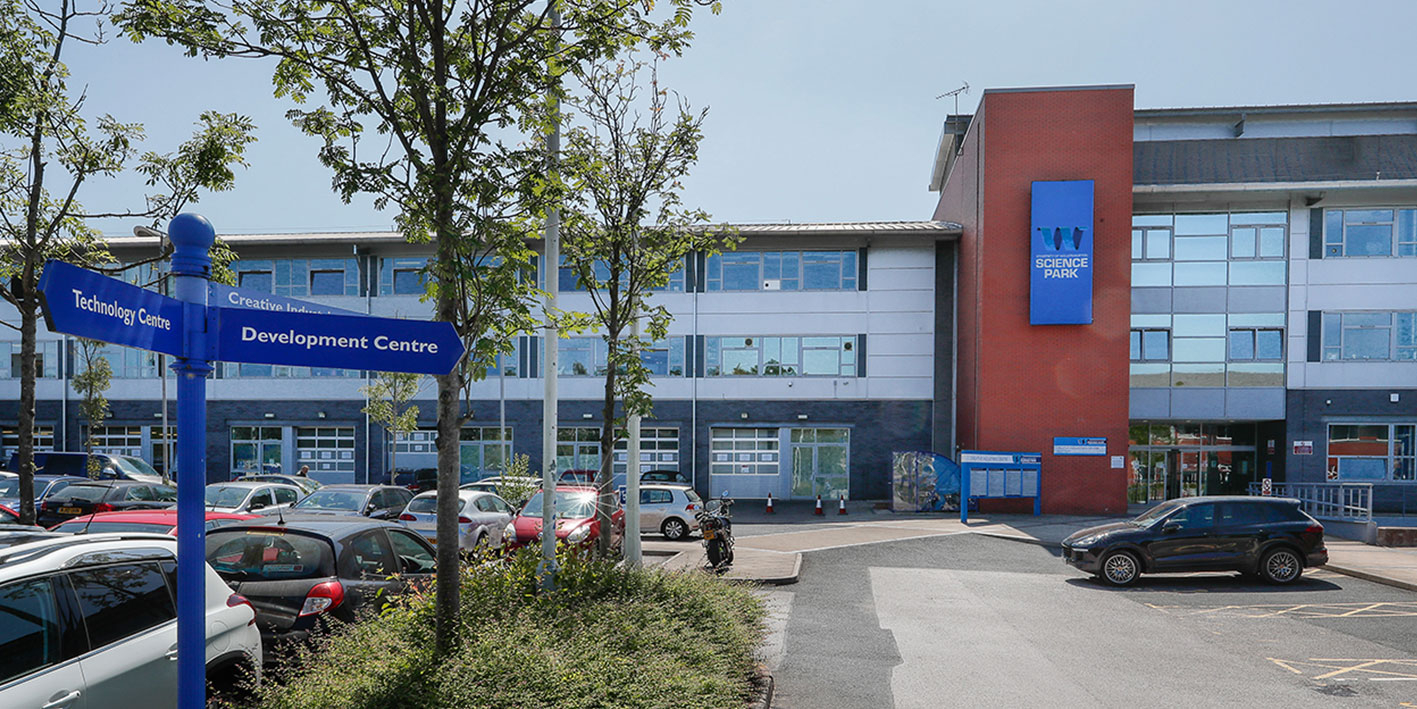
Project secures £500k from Government to expand successful approach for tackling BME attainment gap
A group of six higher education institutions and one college of further education, including the University of Wolverhampton, has been awarded £500,000 by the Higher Education Funding Council for England (HEFCE) to help increase the number of students from black and minority ethnic backgrounds who achieve good degrees.
The Kingston University-led project, which secured the maximum amount of funding available from HEFCE’s Catalyst Fund, will expand on the institution’s work in identifying why fewer black and minority ethnic (BME) students achieve First or 2:1 degrees compared with their fellow white students – a discrepancy known nationally as the BME attainment gap. It will also focus on the changes made to the University’s culture and curriculum to combat this disparity. The aim is to cascade this successful approach to five other universities – De Montfort, Greenwich, Hertfordshire UCL and Wolverhampton – and further education college, NESCOT.
University of Wolverhampton Vice-Chancellor, Professor Geoff Layer, said: “As the University of Opportunity, we are absolutely committed to supporting all of our students to maximise their potential. The University of Wolverhampton recruits over 45% of its student body from BME backgrounds, and we are working hard to ensure that all students have the opportunity of an equitable higher education experience. We have invested in a number of research programmes to generate a better understanding of the success factors that enhance students’ potential to achieve and to reduce degree outcome differentials. Our aim is to ensure that all students at the University of Wolverhampton have every opportunity to be successful, get a good degree and be a productive member of the future workforce.”
Director of Equality, Diversity and Inclusion at Kingston University Nona McDuff said the HEFCE funding would allow the University to help drive up BME attainment in the six partner institutions by sharing with them the unique value added measure it had devised along with its initiative to develop a student-centred framework – or guide – for how to build inclusivity in to the curriculum.

The new £7.5million HEFCE Catalyst fund, which has brought about this project, was launched by the Government as part of a programme aimed at addressing barriers to student success. It was created following research that exposed inequality in higher education achievement among different groups. The programme supports activities already proving to be effective in individual institutions with the aim of replicating good practice and rolling it out to a wider range of higher education providers.
With all seven institutions contributing match funding, the overall Kingston University-led project – which was one of only 17 winning bids across the United Kingdom – is predicted to be worth more than £1.1million over a two-year period. The funding will be used to recruit staff to manage and measure the impact of the project and implement initiatives at each institution. Kingston University will help the six partners identify how the value added metric and inclusive curriculum framework can be adapted for their specific needs and integrated in to their teaching and learning approaches.
Kingston University had already worked closely with the Universities of Wolverhampton and Hertfordshire on a Higher Education Academy-funded project to further explore approaches to narrowing the BME attainment gap, Ms McDuff said. “This experience will feed into the wider project and boost activity with our partners – all of which have made firm commitments and implemented activities to tackle barriers to BME student success,” she explained.
By investing in this project, HEFCE would be able to provide a toolkit for the sector drawing on proven best practise from seven institutions, Ms McDuff said. “We and our seven partners believe an increase in the number of BME students getting good degrees under their belts will help raise aspirations and create role models for future generations,” she added. “It will also go some way to supplying the extra 4.7 million people educated to higher levels that are needed to meet the demands of the UK economy.” *
Further information
* UK Commission for Employment and Skills Employer Perspectives Survey 2016.
For more information please contact the Corporate Communications Team.


/prod01/wlvacuk/media/departments/digital-content-and-communications/images-2024/240328-Varsity-Line-Up-Resized.jpg)
/prod01/wlvacuk/media/departments/digital-content-and-communications/images-18-19/220325-Engineers_teach_thumbail.jpg)
/prod01/wlvacuk/media/departments/digital-content-and-communications/images-2024/240404-Digital-Humanities-Training-Resized.jpg)
/prod01/wlvacuk/media/departments/digital-content-and-communications/images-2024/240320-Uzbekistan-Resized.jpg)
/prod01/wlvacuk/media/departments/digital-content-and-communications/images-2024/240229-The-Link-Resized.jpg)
/prod01/wlvacuk/media/departments/digital-content-and-communications/images-2024/240404-Pharmacy-Students-Resized.jpg)

